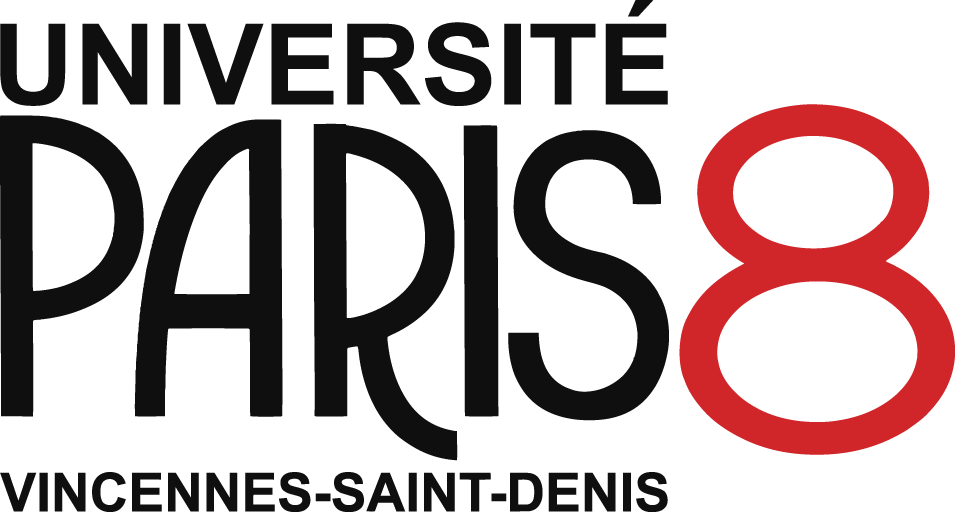Facilitating Effect of Multisensory Letter Encoding on Reading and Spelling in 5-Year-Old Children
Résumé
This study aims at identifying the effect of training in the acquisition of the alphabetic principle in 5-year-old children. We compared the effect of multisensory training of letters in visual, haptic, graphomotor, visuo-haptic, and visuo-graphomotor groups. For each training type, we contrasted trained versus untrained letters in reading and spelling tasks. First, visuo-haptic and visuo-graphomotor training improved letter-sound correspondence acquisition scores more than the other types of training, and this improvement persisted in the second post-test. A cross-modal transfer was revealed by the fact that scores increased after blindfold haptic and graphomotor experiences. Moreover, performance on untrained letters also improved, suggesting an indirect effect following the specific trained letters training. The results argue in favor of a facilitating effect of multisensory encoding on acquisition of the alphabetic principle. Practical implications for the prevention of future reading difficulties are discussed.
